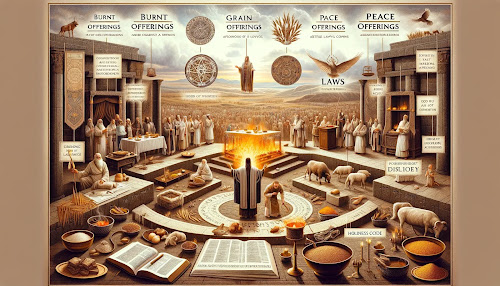Three women die together in an accident and go to heaven. When they get there, St. Peter says, "We only have one rule here in heaven: don't step on the ducks." So they enter heaven, and of course, there are ducks everywhere. It’s almost impossible not to step on one. Even though they try to avoid them as much as possible, the first woman accidentally steps on one. St. Peter appears with the ugliest man they have ever seen. St. Peter chains them together and says, "Your punishment for stepping on a duck is to spend eternity chained to this ugly man."
The next day, the second woman accidentally steps on a duck and here comes St. Peter, who misses nothing. With him is another extremely ugly man. He chains them together, with the same warning he gave the first woman. The third woman has observed all of this and, not wanting to be chained for all eternity to an ugly man, is very, very careful where she steps and manages to avoid stepping on any ducks for months.
But one day, St. Peter comes up to her with the most handsome man she has ever seen. He’s very tall, with long eyelashes, muscular and thin. St. Peter chains them together. Without saying a word, the woman happily says, "I wonder what I did to deserve being chained to you for all eternity." The guy says, "I don't know about you, but I stepped on a duck."






